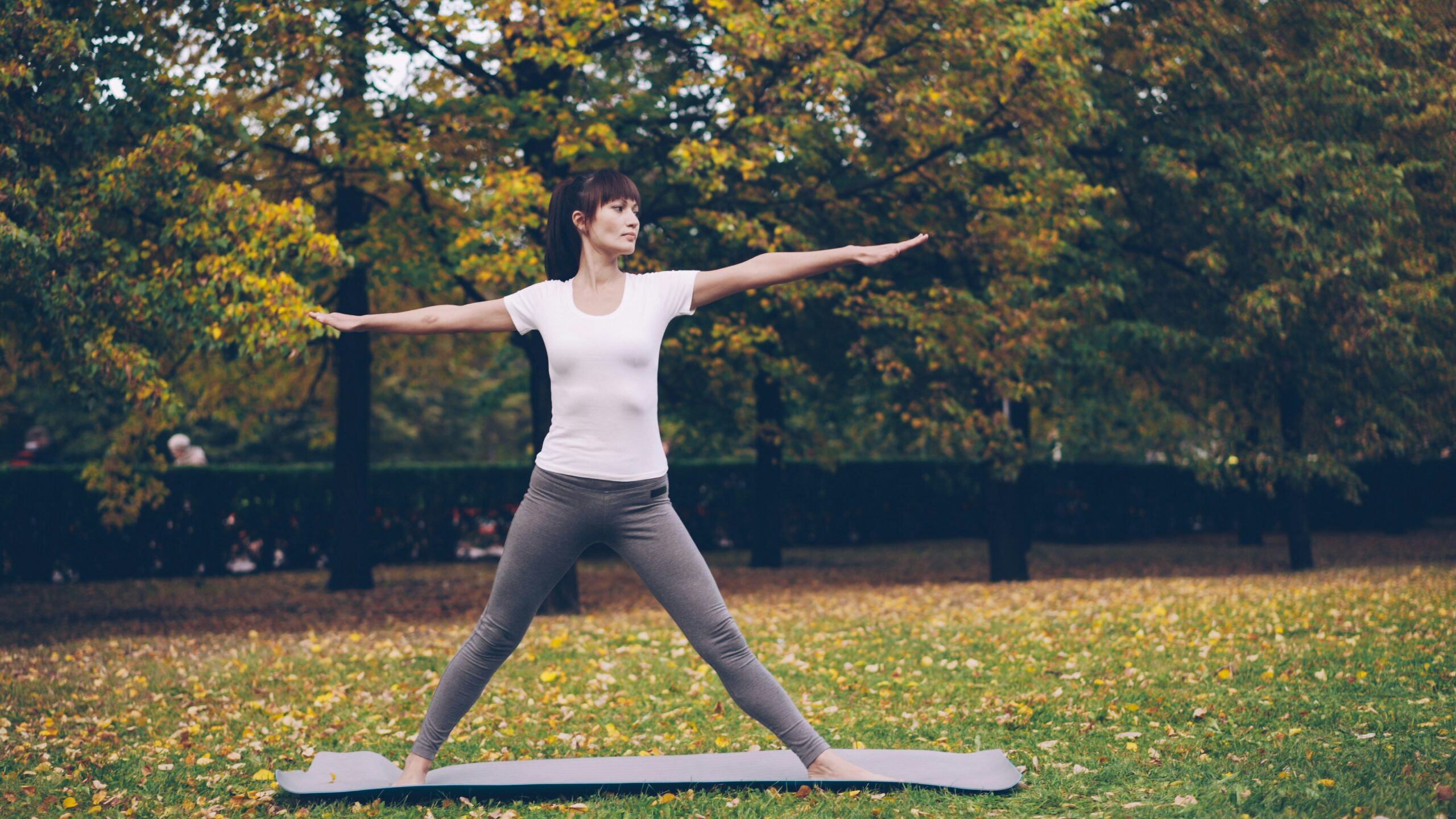Emotional Health Breakthrough: 7 Proven Science-Backed Strategies to Heal Fast and Thrive
Introduction
In a global that glorifies productivity, velocity, and constant connectivity, emotional fitness frequently takes a backseat. We push through stress, forget about our feelings, and treat intellectual fatigue as a badge of honor.But right here’s the reality: emotional health isn’t a luxurious—it’s a necessity.Just as we prioritize physical fitness and vitamins for lengthy-term properly-being, nurturing our emotional health is important for a satisfying, resilient, and vibrant existence.
The term health extends a long way beyond the absence of infection.True fitness is a holistic kingdom of balance—in which body, thoughts,and spirit function in concord.And at the center of this concord lies emotional health: the capacity to understand, manipulate, and express our emotions in methods that guide our nicely-being and relationships.
Recent scientific breakthroughs have illuminated powerful, evidence-based techniques to heal emotional wounds and foster emotional resilience.These aren’t brief fixes or modern day self-help gimmicks—they’re grounded in psychology, neuroscience, and a long time of clinical studies. In this article, we’ll explore six technological know-how-subsidized ways to transform your emotional fitness and unlock your ability to now not just continue to exist, but thrive.
Table of Contents
1. Practice Mindfulness Meditation: Rewire Your Brain for Calm
Mindfulness—the practice of taking note of the present moment without judgment—has emerged as one of the most effective equipment for emotional law. Multiple research, which includes research from Harvard and the University of Massachusetts, have proven that mindfulness meditation bodily modifications the mind.
Neuroimaging exhibits that ordinary mindfulness exercise will increase grey count density within the prefrontal cortex, the region answerable for decision-making and emotional regulation, whilst shrinking the amygdala, the mind’s worry middle. This way much less reactivity to strain and greater readability in emotional responses.
A landmark 2011 have a look at published in Psychiatry Research found that contributors who practiced mindfulness meditation for just eight weeks mentioned reduced anxiety, advanced recognition, and more suitable emotional resilience.The splendor of mindfulness is its accessibility: just 10 minutes a day of targeted breathing or body scanning can begin to rewire your brain for more emotional fitness.
Start small. Sit quietly, close your eyes, and convey your attention for your breath. When your thoughts wanders (and it’ll), gently go back for your breath without judgment. Over time, this easy act cultivates a profound inner stillness and emotional clarity.
2. Cultivate Gratitude: The Neurochemical Boost to Well-Being
Gratitude isn’t only a feel-appropriate platitude—it’s a neuroscience-subsidized catalyst for emotional recovery. Research from the University of California, Berkeley, shows that practicing gratitude turns on the brain’s hypothalamus, which regulates stress, and increases dopamine manufacturing, the “sense-suitable” neurotransmitter.
In a 2003 observe via Emmons and McCullough, individuals who saved a day by day gratitude journal pronounced 25% better ranges of happiness, progressed sleep, and extra existence delight in comparison to manipulate businesses. They also skilled fewer bodily signs and have been much more likely to engage in healthy behaviors.
Why does gratitude work?It shifts our interest from what’s lacking to what’s plentiful. This cognitive reframing reduces rumination—a first-rate contributor to anxiety and despair—and fosters a mind-set of abundance and connection.
To integrate gratitude into your habitual, attempt writing down 3 belongings you’re grateful for every day. They don’t want to be grand—your morning espresso, a kind textual content from a chum, or daylight thru the trees all remember. Over time, this practice trains your mind to scan for the effective, developing an enduring shift in emotional fitness.
3. Strengthen Social Connections: The Biology of Belonging
Human beings are stressed for connection.From an evolutionary perspective, social bonds have been critical for survival. Today, science confirms that robust relationships are one of the strongest predictors of lengthy-term emotional and physical fitness.
A groundbreaking eighty five-year Harvard Study of Adult Development located that the pleasant of our relationships—now not wealth, repute, or even genetics—is the single greatest predictor of happiness and toughness. Participants with strong social ties had been not most effective happier however additionally healthier, with decrease fees of persistent disorder and cognitive decline.
Loneliness, then again, is a silent epidemic.Chronic isolation triggers inflammation and elevates cortisol degrees, increasing the threat of despair, heart disease, and weakened immunity.Emotional fitness can not flourish in isolation.
So how do we construct significant connections? Start by way of making an investment time in current relationships—name a pal, have a deep communique, or simply concentrate with presence. Join a network organization, volunteer, or take part in sports that align together with your values. Vulnerability is prime: sharing your actual emotions fosters intimacy and consider.
Remember, it’s not the variety of pals you have, but the depth of your connections that topics. Prioritize first-class over quantity, and let emotional fitness develop from the roots of belonging.
4. Move Your Body: The Emotional Power of Physical Activity
Exercise is often determined for physical health, but its effect on emotional welfare is just as darker. When you move your body, you not only build muscles – you build mental flexibility.
Physical activity increases the production of endorphins, serotonin and brain-technical factor (BDNF), a protein that supports the plasticity and mood regulation of the brain.A 2018 meta-analysis in Jama psychiatry found that regular exercise effectively reduces the symptoms of depression as a drug for many individuals.
Even moderate activities such as walking, dancing or gardening can increase the mood and reduce anxiety.The key is stability, not intensity. A 30-minute walk in nature, for example, combines physical movement with restrictive strength of green places-a double promotion for emotional health.
If you are struggling with low energy or inspiration, you must start small. A five -minute stretch, a little walk around the block, or a few minutes of yoga can create a wave effect, which can increase the mood and speed.
Movement is medicine. Let your body pave the way for emotional treatment.
5. Reframe Negative Thoughts: Cognitive Behavioral Techniques That Work
Our thoughts shape our feelings. When we live on a scenario with failure, rejection or the worst position, we activate stress routes in the brain. Cognitive behavioral therapy (CBT), a gold standard psychological treatment, teaches us to identify and reintroduce the deformed thinking pattern.
For example, destruction (“if I fail to do this presentation, I lose my job”) or black and white thinking (“I have made a mistake, so I am a total failure”) can implicate us in the cycles of anxiety and low self-esteem. CBT helps us challenge these ideas with evidence and replace them with a balanced, realistic approach.
A 2012 study at The Lancet showed that CBT was effective as antidepressants for the treatment of moderate to severe depression with long-term benefits. Even without a doctor, you can use CBT principles on your own.
Try this simple practice: When you notice a negative idea, write it. Ask yourself: Is it based on facts or feelings? Does the evidence support or contradict it? What would I say to a friend in this situation? Often, you will know that your internal critic understands reality exaggerated or wrong.
Over time, this practice creates emotional agility- the ability to navigate hard feelings with knowledge and self-compassion.
6. Prioritize Sleep: The Foundation of Emotional Resilience
Sleep is not downtime – this is an important period of emotional processing and brain control. During deep sleep, the brain consolidates memories, controls emotions, and cleans metabolic waste.
However, lack of chronic sleep interferes with emotional regulation. A study from the University of California, Berkeley, found that the emigration activity for poor sleep increases more than 60%in just one night, making us more reactive on negative stimuli.
Poor sleep is associated with high frequencies of anxiety, depression and emotional instability.In contrast, high-quality sleep increases mood, attention and flexibility.
To improve sleep hygiene:
Stick to a regular sleep program.
Limit bedtime one hour before bedtime.
Make a cool gold routine (eg, reading, gentle stretch).
Keep your bedroom cool, dark and cool.
Think of sleep as emotional maintenance. Just as a car requires regular setting, your brain requires night repair in its best form.
The Ripple Effect of Emotional Health
When we invest in emotional health, we don’t feel better – we’re better. We become more present with our loved ones, become more creative in our work, and more flexible in the face of adversity. Emotional health is not a destination; It is a daily practice, an obligation to show up with kindness and courage.
And here is the beautiful truth: every little step means something. Whether it is an arbitrary breathing, a sincere thanks or a walk in the park, each action sends a signal to your brain: I speak. Best cases of my best.
As we again define what it really means to be healthy, let’s expand the definition beyond the physical. Real health is overall liters in emotional consciousness, self, and relationships.It’s not about perfection, but progress. Learn not to eliminate pain, but to move through it with grace.
So start where you are. Choose one of these six science-supported strategies and make it your own.Your emotional success is not waiting for a dramatic moment – it is produced in cool, consistent options you make every day.
Because when emotional health blooms, life does not in progress. It thrives.In the pursuit of health, don’t overlook the heart and mind. They are not separate from the body—they are its compass. Heal emotionally, and you unlock the full spectrum of what it means to be alive.Your journey to emotional health begins now. And it’s worth every breath.
1. What is emotional health breakthrough?
An emotional health breakthrough is a transformative shift in how you understand, process, and manage emotions, leading to greater resilience, healing, and well-being.
2. Are these methods scientifically proven?
Yes! Each of the 6 ways is supported by psychological research and clinical studies in neuroscience, mindfulness, and behavioral therapy.
3. How can I start thriving emotionally today?
Begin with one science-backed practice—like daily gratitude journaling or mindful breathing—for just 5–10 minutes to build emotional strength over time.










